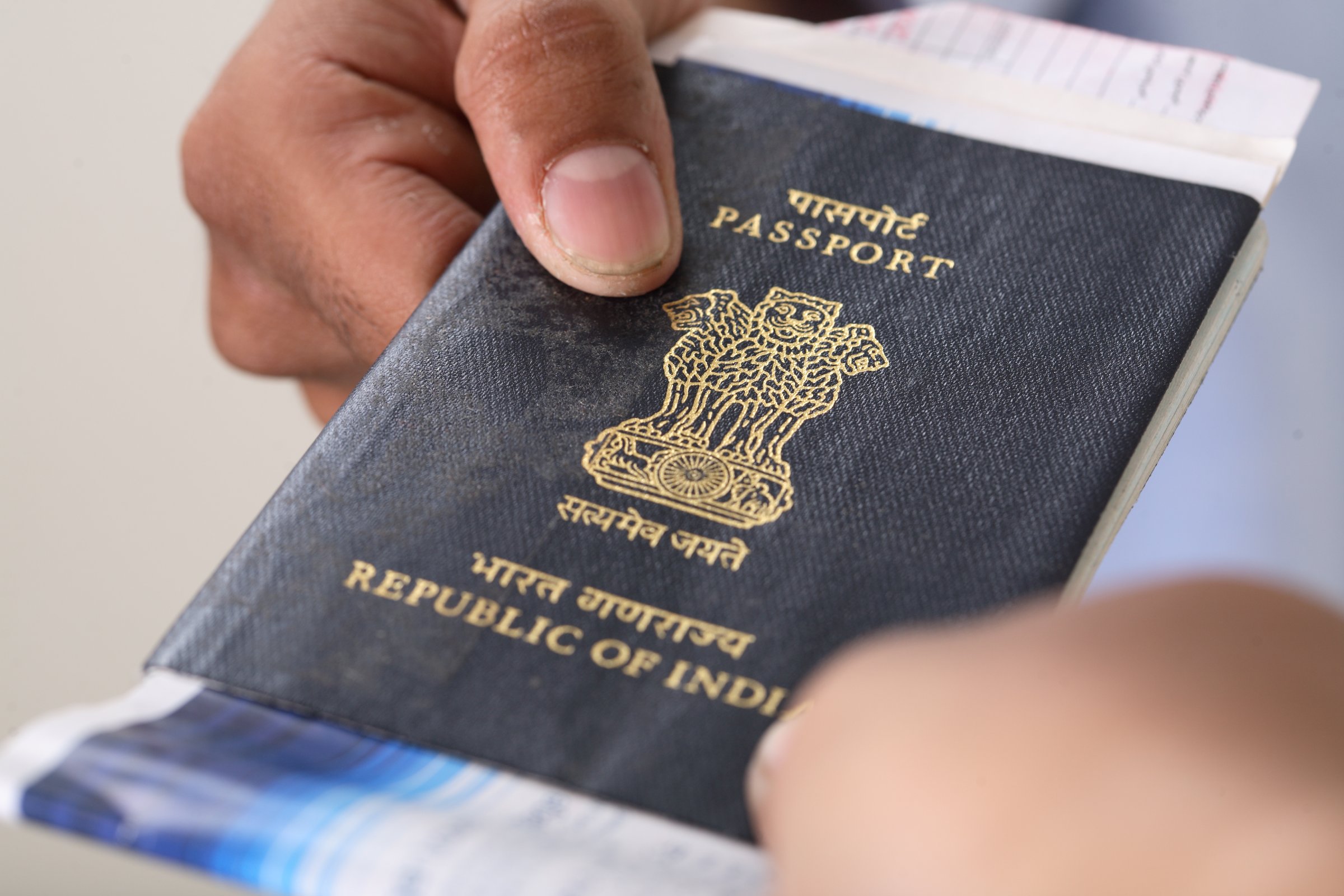
Unwed mothers in India applying for a passport for their child will have to reveal how the child was conceived and specify whether they were raped, a lawyer representing the Indian government told the Bombay High Court on Thursday.
The revelation came during a petition hearing by a 21-year-old woman who was denied a passport that had her stepfather’s name on it, the Times of India reported. The regional passport officer refused to accept the name of her mother instead, saying she needed a court order appointing the stepfather as her legal guardian.
According to the Times, one of the two judges hearing the case asked as an aside: “We were wondering what happens in the case of an unwed mother?”
Advocate Purnima Bhatia, representing the government, responded by saying mothers without husbands must file an affidavit that mentions how the child was conceived, whether the mother was raped, and why she does not wish to reveal the father’s name.
According to Mumbai-based women’s-rights lawyer Flavia Agnes, only the third of those conditions would be in any way justifiable. “These are ridiculous rules the government is making,” Agnes tells TIME. “Why should she say whether she was raped or whether she had consensual sex?”
According to the Times, Bhatia told the bench that the rules were detailed in the passport manual, which could not be shown to the court as it was a classified document. The judges reportedly responded by saying that the manual came under internal instructions and so could not be classified, and also did not have the force of the law.
Agnes says she has clashed with passport authorities in the past, over issues like divorced women prevented from continuing to use their former spouse’s name or married women not being allowed to continue using their maiden names. She plans to take this issue up as well, whether it escalates or not.
Sunitha Krishnan, founder of women-and-children’s-advocacy organization Prajwala, says the Foreign Ministry’s response is “deeply disturbing” and speaks to a larger malaise in Indian society.
“It’s so painful that a woman has to keep justifying and defending her position,” she says, citing her long battle to get children of prostitutes admitted into schools that insisted on a father’s name.
“When an unwed mother is asked dehumanizing questions like have you been raped, I don’t know which era we’re living in,” adds Krishnan. “I don’t think a man would ever be asked such questions.”
More Must-Reads From TIME
- The 100 Most Influential People of 2024
- The Revolution of Yulia Navalnaya
- 6 Compliments That Land Every Time
- What's the Deal With the Bitcoin Halving?
- If You're Dating Right Now , You're Brave: Column
- The AI That Could Heal a Divided Internet
- Fallout Is a Brilliant Model for the Future of Video Game Adaptations
- Want Weekly Recs on What to Watch, Read, and More? Sign Up for Worth Your Time
Write to Rishi Iyengar at rishi.iyengar@timeasia.com